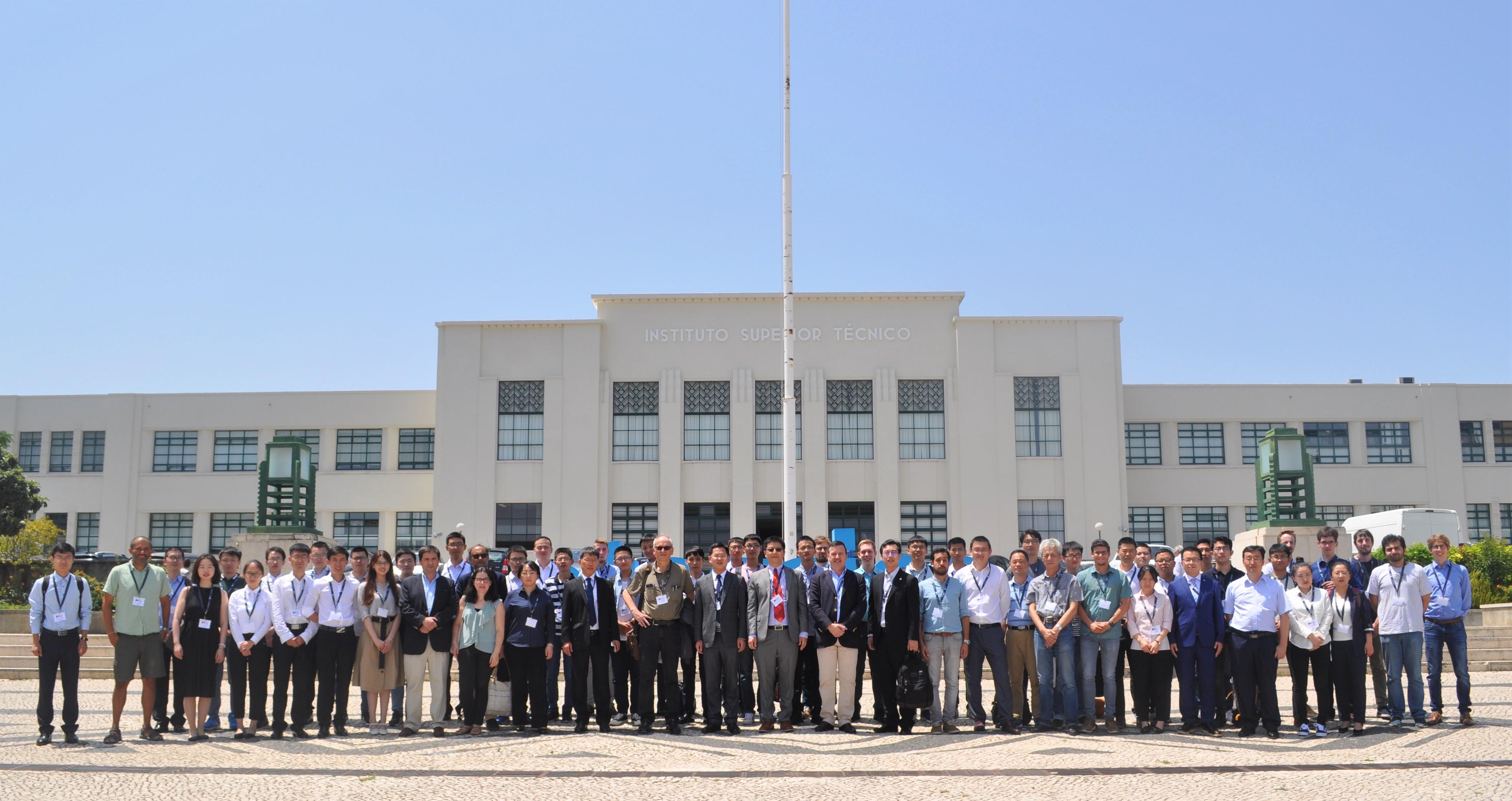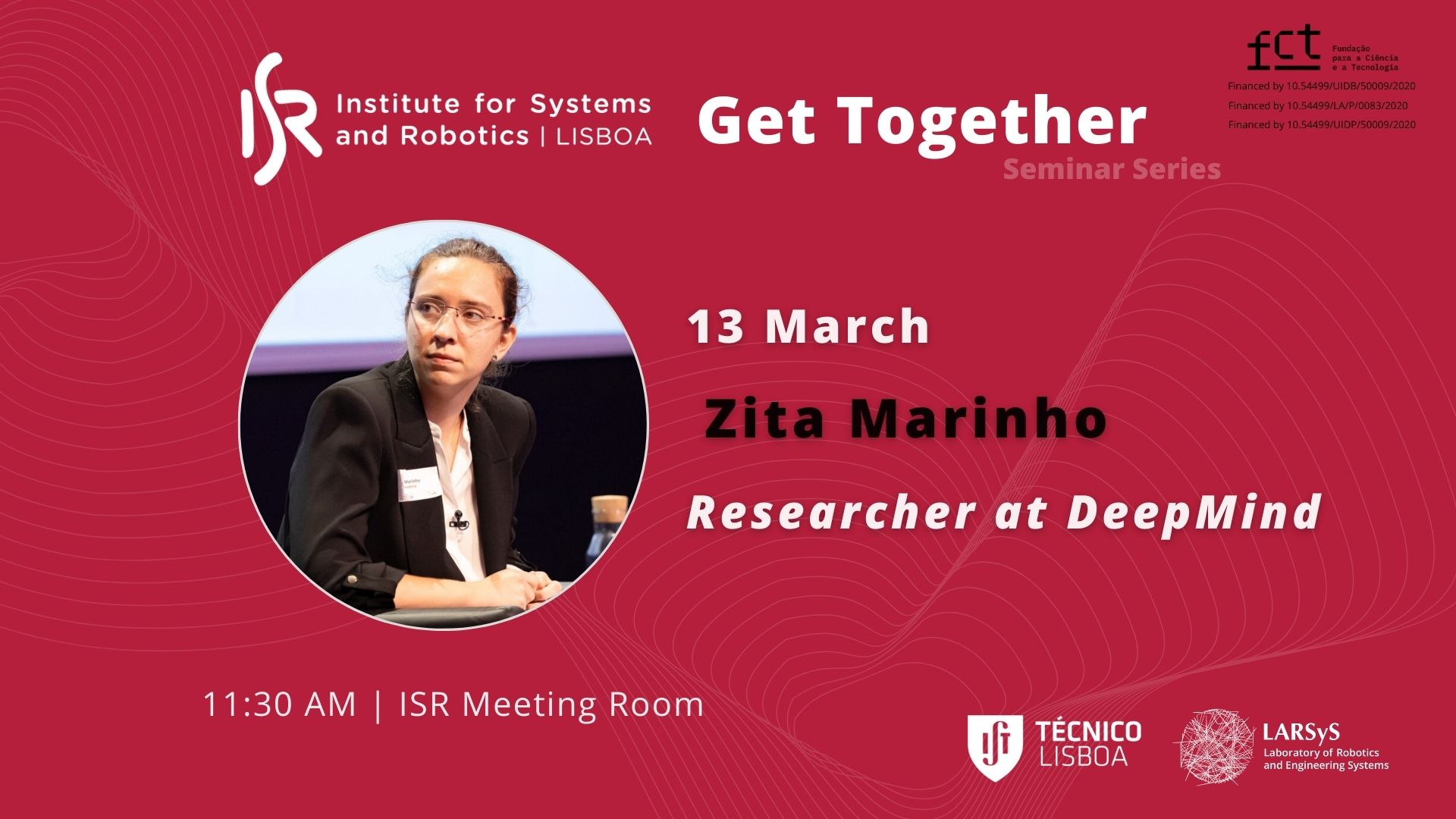[fusion_builder_container hundred_percent=”no” equal_height_columns=”no” menu_anchor=”” hide_on_mobile=”small-visibility,medium-visibility,large-visibility” class=”” id=”” background_color=”” background_image=”” background_position=”center center” background_repeat=”no-repeat” fade=”no” background_parallax=”none” parallax_speed=”0.3″ video_mp4=”” video_webm=”” video_ogv=”” video_url=”” video_aspect_ratio=”16:9″ video_loop=”yes” video_mute=”yes” overlay_color=”” video_preview_image=”” border_size=”” border_color=”” border_style=”solid” padding_top=”” padding_bottom=”” padding_left=”” padding_right=””][fusion_builder_row][fusion_builder_column type=”1_1″ layout=”1_1″ background_position=”left top” background_color=”” border_size=”” border_color=”” border_style=”solid” border_position=”all” spacing=”yes” background_image=”” background_repeat=”no-repeat” padding_top=”” padding_right=”” padding_bottom=”” padding_left=”” margin_top=”0px” margin_bottom=”0px” class=”” id=”” animation_type=”” animation_speed=”0.3″ animation_direction=”left” hide_on_mobile=”small-visibility,medium-visibility,large-visibility” center_content=”no” last=”no” min_height=”” hover_type=”none” link=””][fusion_text columns=”” column_min_width=”” column_spacing=”” rule_style=”default” rule_size=”” rule_color=”” hide_on_mobile=”small-visibility,medium-visibility,large-visibility” class=”” id=””]
Jointly promoted by two SESE Doctoral programs that aim to promote multilateral collaboration between the European and Chinese universities of the SEEEP, several international collaborators joined a summer school workshop at ISR this month.
With a record number of participants – around 70 – both from Europe and China, the workshop allowed for the interaction between faculty and doctoral students of the participating SEEEP institutions. Professor José Santos-Victor, the coordinator on the IST side, together with Professor Carlos Santos Silva, believed the jointly organized workshop to be “both a signal concerning the cross-pollination of many modern research and technological areas as well as an indication that the SEEEP aims to foster multidisciplinary interaction.”
The first part of the program had been approved in 2013 during the SEEEP workshop in Karlsruhe, with the theme “energy and transportation”, involving the Tongji University, Karlsruhe Institute of technology, Instituto Superior Técnico and the Harbin institute of technology. The second program was on “collaborative robots for elderly assistance and advanced manufacturing” and was proposed by Instituto Superior técnico, Shanghai Jiao Tong University, the Karlsruhe Institute of Technology, and the Harbin Institute of Technology. On the aftermath of the event, the program turned out to be very full with participation levels as rich expected. The program on “energy and transportation” has run several very successfully editions since 2014. It was the first edition for the CREAAM program. needless to say, we can explore synergies and complementarity between these topics. Explore the scientific program and brochure for the visitors here.
In the end, the IST organizers were very pleased with the outcome of the event: “It was an enormous pleasure to host. The quality of the presentations and the lively and enjoyable discussions were quite remarkable. I believe it also brought us all closer together and will potentiate new future collaborations and joint endeavours.”
[/fusion_text][rev_slider alias=”SEEEP Workshop” /][/fusion_builder_column][/fusion_builder_row][/fusion_builder_container]





